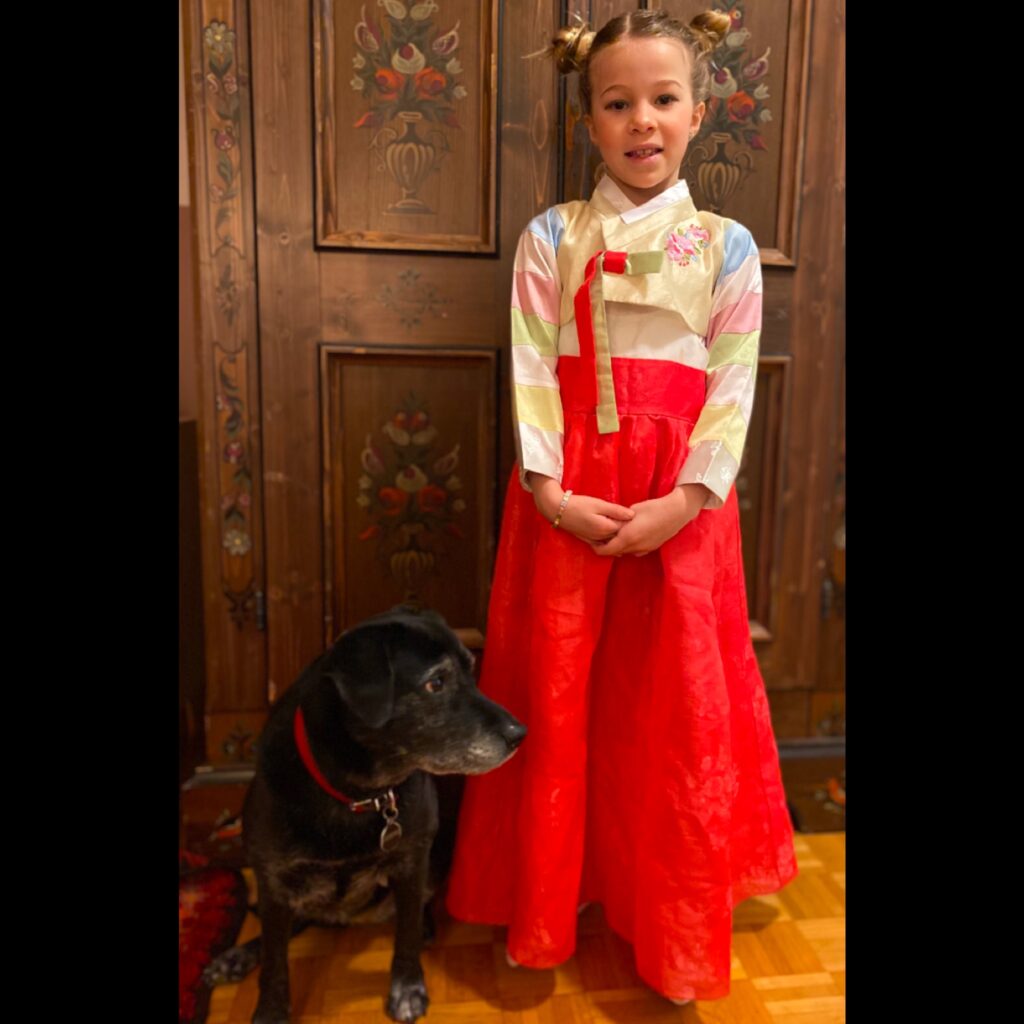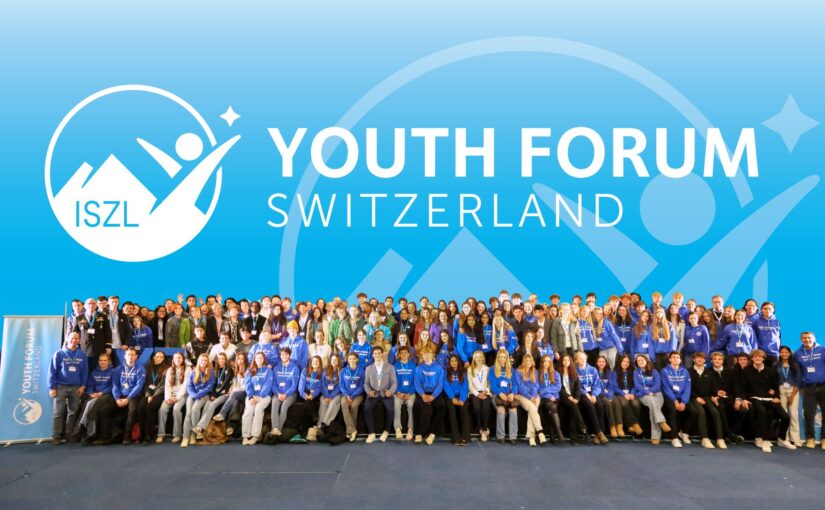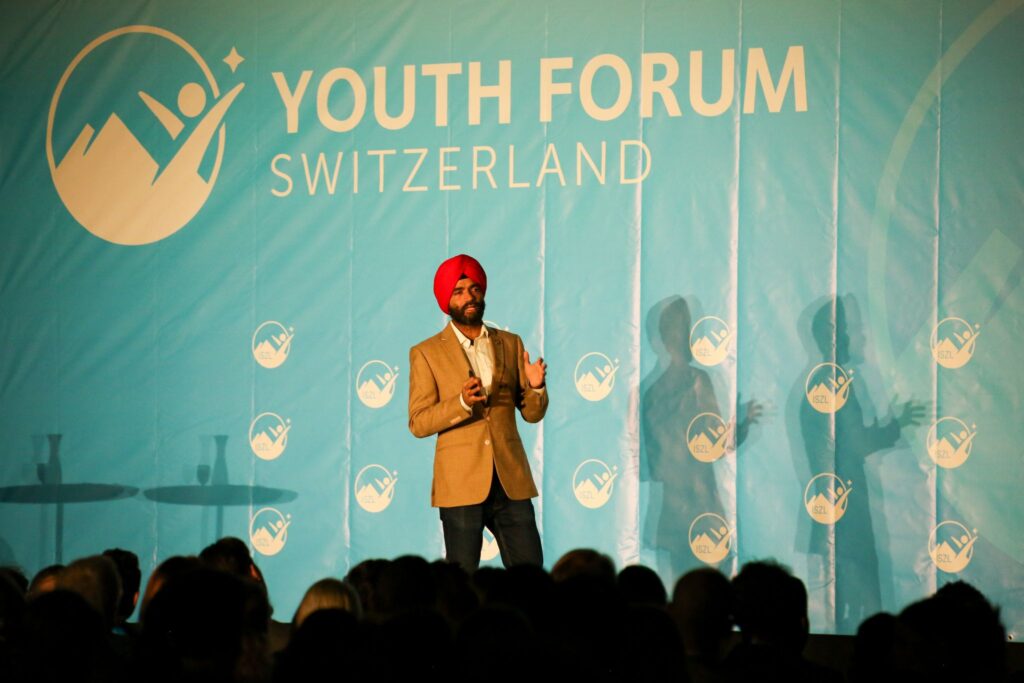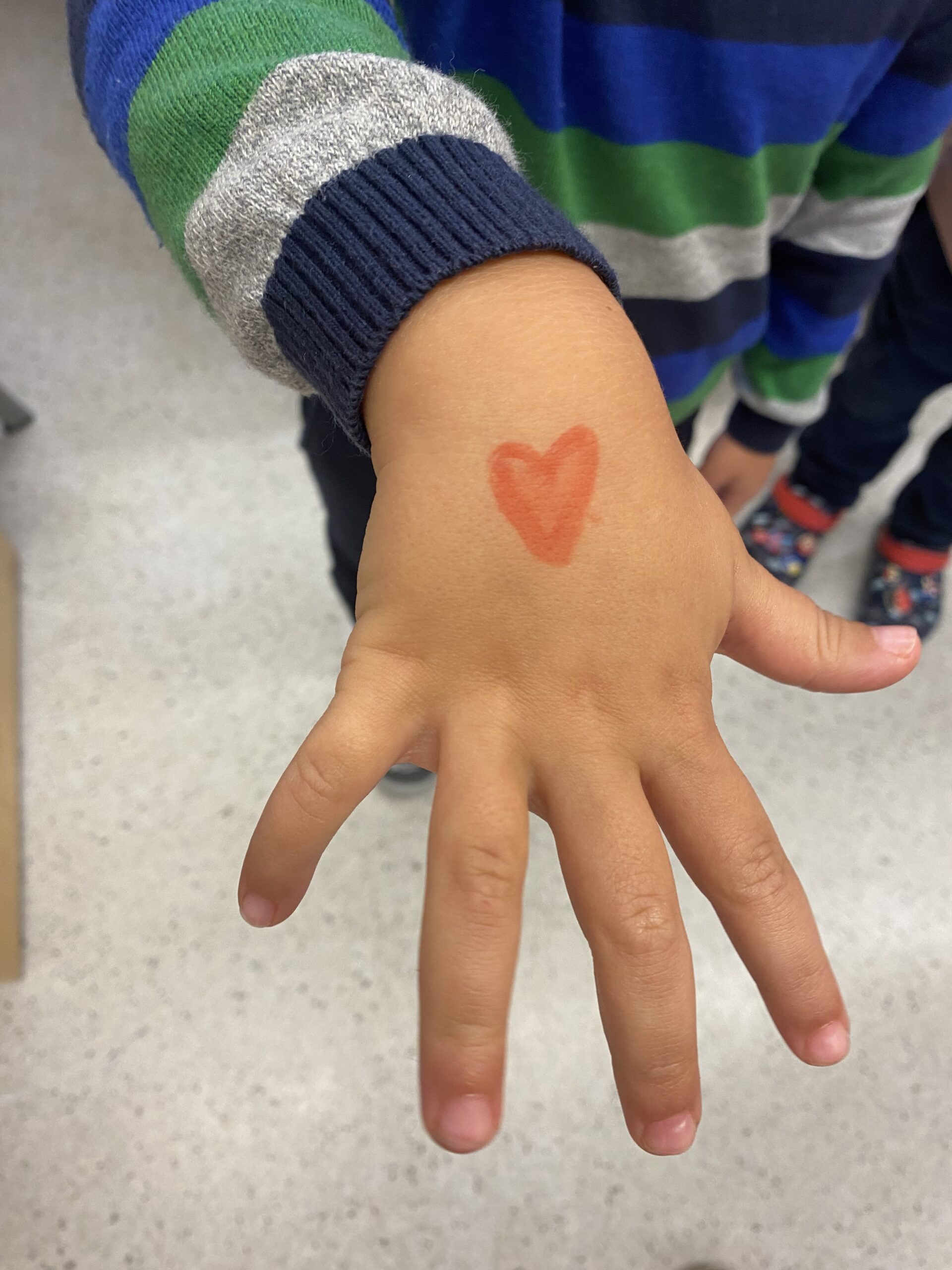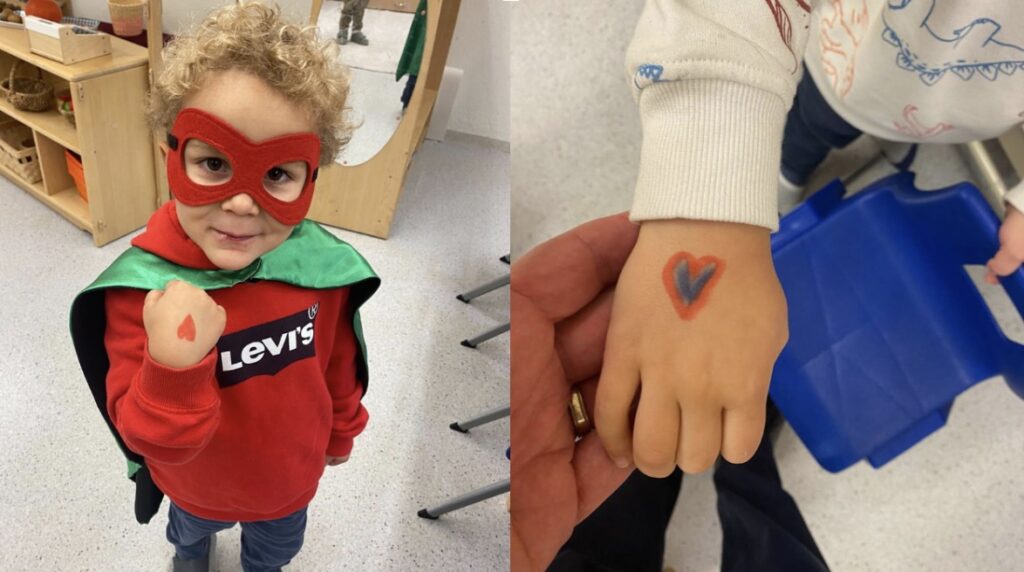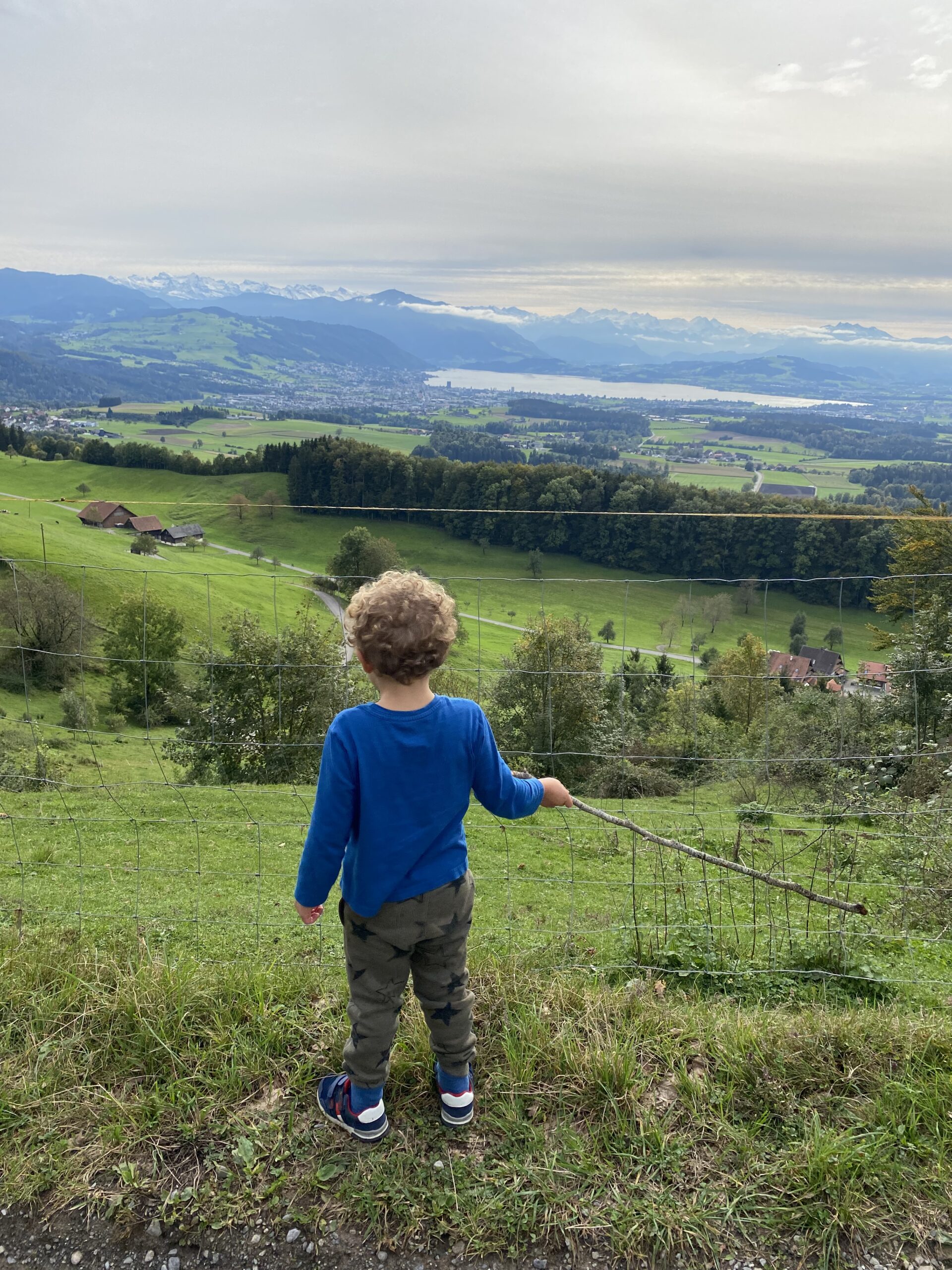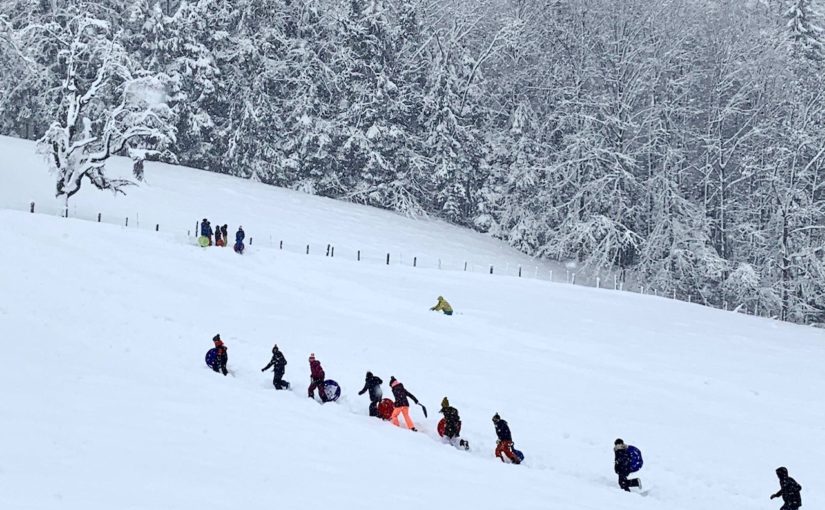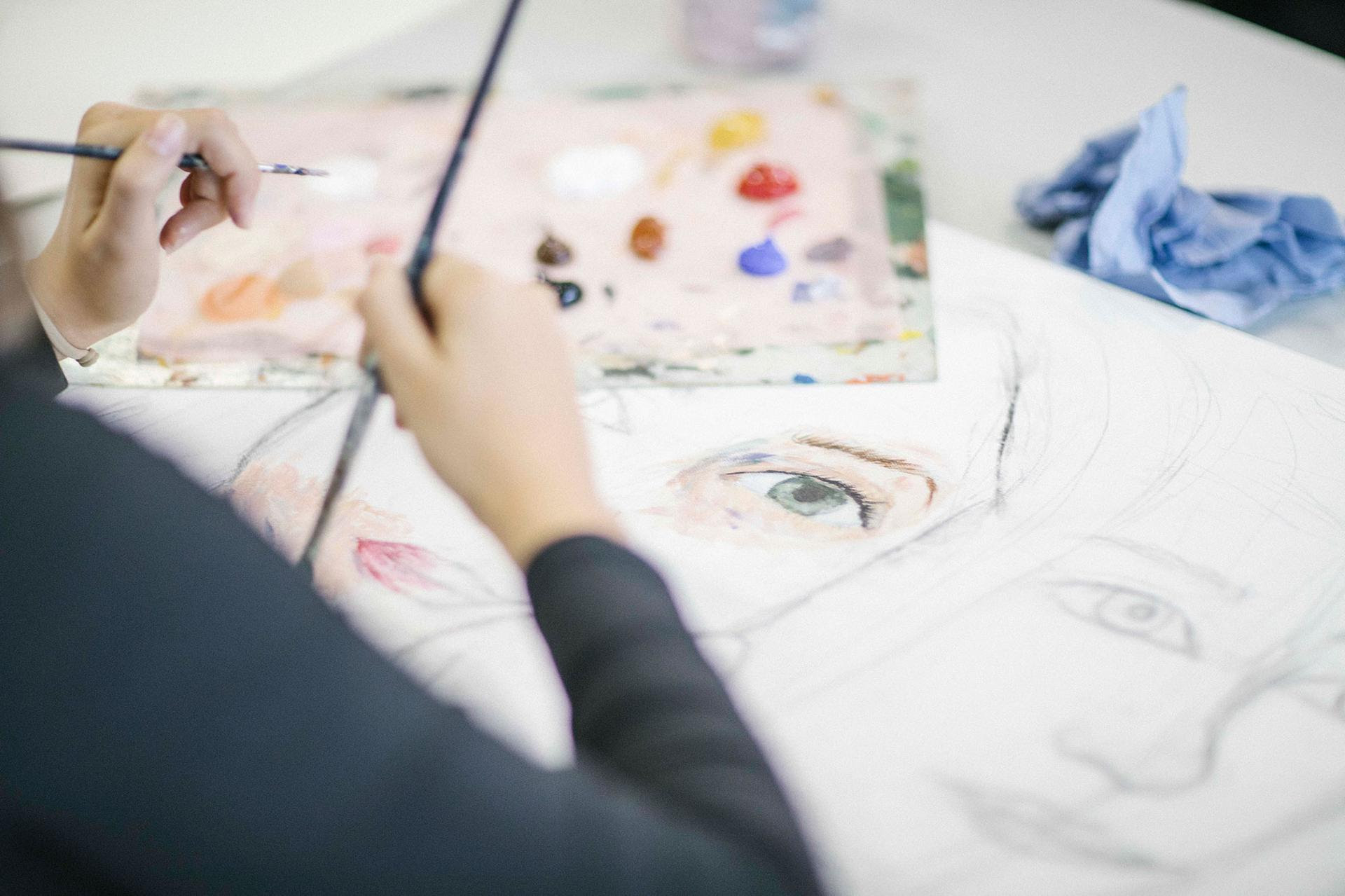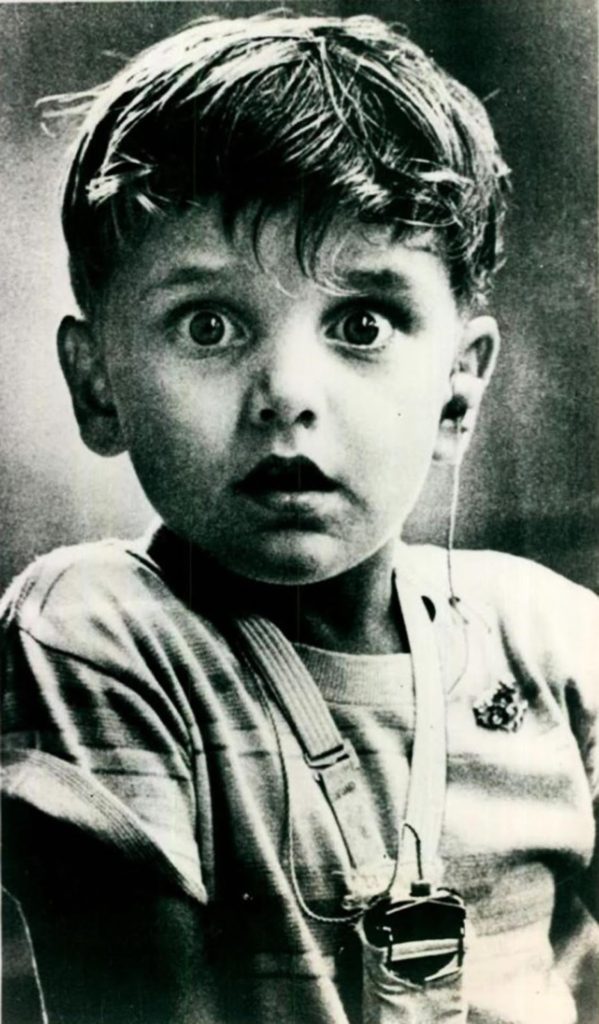At ISZL, language is more than communication—it is a bridge to identity, culture, and understanding. Multilingualism enhances cognitive development, problem-solving skills, and memory. Learning in one’s mother tongue fosters deeper comprehension and academic success, supporting additional language acquisition.
Language plays a crucial role in shaping experiences and interactions in our diverse and multilingual community. ISZL is home to approximately 800 families representing 58 nationalities, with nearly 50 first languages spoken across the student body. While English is most common (47%), German (9%), Spanish (6%), Dutch (5%), Russian (5%), and French (4%) are also widely spoken. Danish, Portuguese, Italian, Swedish, Hebrew, and Hindi each contribute to our rich linguistic tapestry, with over 30 additional languages spoken by smaller segments of our community. Additionally, more than 50% of ISZL families identify English as not being their native language, highlighting the importance of effective and thoughtful communication in building strong partnerships and a connected school community.
This linguistic richness is not only an asset but also a daily reality for many ISZL families. Children naturally navigate multiple languages, seamlessly shifting between them depending on context and audience. At our home, we speak English and Portuguese, while our children also learn German through school and daily life in Zug. One memorable personal example of this effortless code-switching happened when our daughter, at a very young age, was reminded in Portuguese, “Por favor, não se esqueça de dizer ‘obrigado'” (Please don’t forget to say ‘thank you’), after receiving a gift from her Canadian grandmother. Without hesitation, she turned and said, “Thank you, Mémère,” instinctively transitioning from Portuguese to English, recognising one of her grandmother’s native languages. We know that our families share similar experiences, reflecting our dynamic, multilingual world.
At ISZL, we witness such moments daily. Our diverse community values linguistic diversity as a strength, creating an inclusive environment where students’ home languages are nurtured alongside new ones. As Jacob Huckle emphasises, “celebrating diversity is not enough.” We must go beyond recognition and work intentionally to embed multilingualism in our teaching and curriculum, ensuring that all languages are valued as essential to identity and learning.
Research also consistently underscores the cognitive and social benefits of multilingualism. Antoniou (2019) found that bilingual and multilingual individuals exhibit enhanced cognitive flexibility, problem-solving abilities, and stronger executive function, all of which contribute to academic success and global competence. UNESCO’s theme, Multilingual Education – A Necessity to Transform Education, challenges us to reimagine how we integrate language into education. By embracing multilingualism not only as a tool for communication but as a foundation for deeper learning and inclusion, ISZL prepares students to be empathetic, globally minded citizens equipped with the skills to navigate an interconnected world.
Language is also central to belonging, and at ISZL, we strive to create a learning environment where every student feels valued, respected, and heard. As we reflect on the significance of International Mother Language Day, we are reminded of our broader mission—to build a kinder, better world. Through multilingualism, we strengthen our collective sense of community, ensuring that ISZL remains a place where every voice matters.
To quote Nelson Mandela, “If you talk to a person in a language they understand, that goes to their head. If you talk to them in their language, that goes to their heart.” This principle guides our commitment to inclusivity, equity, and meaningful connection. At ISZL, we do not simply teach languages—we foster a culture where language is a source of strength, identity, and unity. Through this shared commitment, we continue to build bridges, cultivate understanding, and reinforce the values that define our school community.
With kind regards,
Barry Dequanne
Director
References
• Antoniou, K. (2019). The advantages of bilingualism: Cognitive and social development in multilingual individuals. Journal of Multilingual Development, 36(4), 455-471.
• Huckle, J. (2023). Transforming education through multilingual education: Going beyond celebration for International Mother Language Day. The International Educator (TIE Online). Retrieved from https://www.tieonline.com/
• Mandela, N. (1994). Long walk to freedom: The autobiography of Nelson Mandela. Little, Brown and Company. UNESCO. (2023). Multilingual education – A necessity to transform education. Retrieved from https://www.unesco.org/


